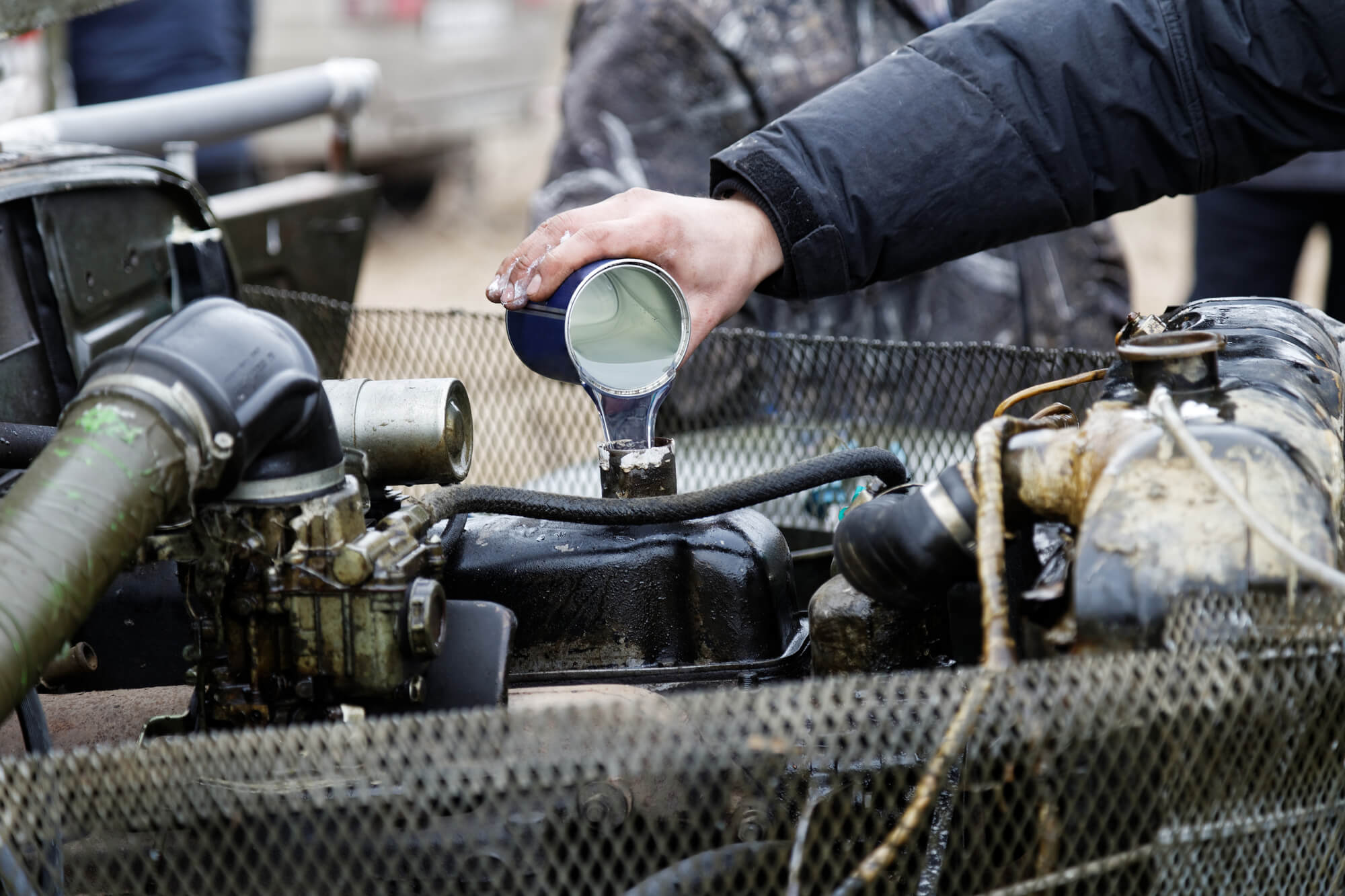There's simply no replacement for the real thing. Fuel additives can get you pretty darn close in many cases, though. Not everyone has the means to tear down an engine to clean things up, high-test fuel isn't around every corner, and it's not like the price of gas makes it easy to flush the system anyway. Instead of driving yourself nuts, you can use fuel additives to get the job done. It's not wise to just run off with only that bit of knowledge. You see, we've wandered into the territory of snake oils and magic elixirs. Everyone's got some miracle product you just won't believe. You know, the kind that you try and come to find, the only thing you can't believe is how good someone could be at selling duds. That's what I'm here to help you avoid. There are great fuel additives on the market, and I'll help you find them.
Summary List
Best Overall: Lucas LUC10013 Fuel Treatment
Best Value: Red Line Complete Fuel System Cleaner
Honorable Mention: Star Tron Enzyme Fuel Treatment Concentrate
Best for Diesel Engines: Opti-Lube XPD Formula Diesel Fuel Additive
Most Versatile: Helix Racing Products 5-in-1 Ultimate Fuel Additive
Best for Marine Engines: STA-BIL 360 Marine Ethanol Treatment and Fuel Stabilizer
Best Octane Booster: Torco Fuel Accelerator
Our Methodology
We can’t put our own hands on every item available. In these instances, we put our collective experience in journalism, research, and prior product testing to use to make our product picks. Items that are used by our own staff may get earnest endorsements as well, but we’ll never accept fees or bonuses to sell you stuff we’re not actually excited about.
Best Fuel Additives Reviews & Recommendations
Our Verdict
For a high-quality fuel additive, consider the LucasLUC10013 Fuel Treatment, formulated for both gas and diesel engines, or the Red Line Complete Fuel System Cleaner, which contributes to 100 percent fuel system efficiency after the first clean.
What to Consider When Looking for Fuel Additives
The list above is great at a glance for those who know what they're after. Others might not find it so useful because they don't know exactly what they need. That's all right. This section of the buying guide will help you decide which fuel additive you need with just a few tips.
Types of Fuel Additives
Fuel Treatments
Gas treatments are formulated with polyisobutene, and for that reason are cheap and widely available. They help improve the quality of gas by getting rid of harmful carbon deposits for cleaner emissions and breaking down water particles that can dilute the fuel.
Fuel Injector Cleaner
Fuel injector cleaners are an upgrade from gas treatments since they contain polyetheramine (PEA), which is one of the strongest cleaning agents. It also cleans more parts in comparison including the direct fuel injectors. The compound also removes clogs and carbon buildup in other parts of the fuel system to further improve overall health of the system.
Fuel Stabilizer
You can expect the quality of fuel to diminish over time if your vehicle is left idle for a season or if the fuel is in storage. Fuel stabilizers work to maintain the quality of the fuel by absorbing water and slowing down oxidation and chemical breakdown of the fuel. It also keeps fuel fresh for a relatively long time if it's in storage.
Octane Booster
While octane boosters aren’t formulated with the strongest cleaning agents, they do a good job of increasing the octane level in the fuel which can help clear out some carbon. Octane boosters are used to effectively raise octane levels of pump fuel. This is necessary with some high-performance builds that require higher octane levels due to a number of factors, such as high boost levels or high compression. Not all engines need octane boosters, and running one in an engine that does not need it can have adverse effects. It is important to study your application specifically to determine if you need this additive.
Key Features
Fuel Compatibility
Some manufacturers make fuel additives that are specific to either diesel or gas engines. You can also find a multifunctional product that works for both. It’s important that you choose a product that’s compatible with your engine’s fuel to avoid corrosive chemical reactions, and damaged rubber seals that will result in engine failure. Also, consult your owner’s manual on what types of formulations or ingredients you should avoid for your engine.
Amount
Fuel additives come in different sizes from 11-ounce bottles to large 5-gallon jars. If you don’t like to hoard car care products in your garage, you can go for a small bottle with just the right amount to treat your engine. However, there’s an upside to buying larger quantities: You can treat multiple vehicles or save money in the long run if it comes with a reasonable price tag.
EPA Approval
Prioritize fuel additives that have an EPA (Environmental Protection Agency) label, meaning that they comply with environmental regulations. Such a product typically works by dissolving carbon deposits in the fuel to reduce exhaust smoke production and harmful carbon emissions into the atmosphere.
Fuel Additive Pricing
Since such a broad range of different products qualify as fuel additives, it's hard to say an exact price you can expect to pay. Several factors come into consideration when determining the cost of a product. The type of additive, branding and the amount are three major factors that can dramatically change the sticker price. However, most small bottles will list for $30 or less. Buying a case of several small bottles or containers with more of an additive can easily drive the price up, exceeding $100 in some instances.
FAQs
Q: Do fuel additives actually work?
A. Yes. Fuel additives do work. They can only do so much, though. In some cases, tearing an engine down to clean or replace parts or switching to a different fuel will be the only option.
Q: When should I add the additive?
Gas treatments work best when they are added to the fuel tank first, before combustion. This means if you want to add a fuel additive, you should do so before you add any more gas to your vehicle. Just put in the recommended amount even if your tank is not empty.
Final Thoughts
For a high-quality fuel additive, consider the LUCAS LUC10013 Fuel Treatment, formulated for both gas and diesel engines, or the Red Line Complete Fuel System Cleaner, which contributes to 100 percent fuel system efficiency after the first clean.









